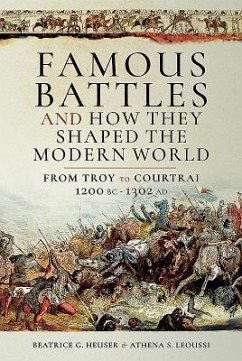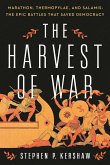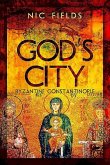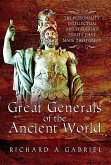Why are some battles remembered more than others? Surprisingly, it is not just size that matters, nor the number of dead, the 'decisiveness' of battles or their effects on communities and civilisations. It is their political afterlife - the multiple meanings and political uses attributed to them - that determines their fame. This ground-breaking series goes well beyond military history by exploring the transformation of battles into sites of memory and meaning. Cast into epic myths of the fight of Good against Evil, of punishment for decadence or reward for virtue, of the birth of a nation or the collective assertion against a tyrant, the defence of Civilisation against the Barbarians, Christendom against the Infidel, particular battles have acquired fame beyond their immediate contemporaneous relevance. The epic battles of European history examined in this first volume range from the siege of Troy and the encounters of Marathon and Thermopylai, to the wars of the Israelites which inspired the way many later battles would be narrated; and from the triumphs and defeats of the Roman Empire, to Hastings, the massacre of Béziers and the battle of Courtrai. In each chapter, the historical events surrounding a battle form the backdrop for multi-layer interpretations, which, consciously or unconsciously, carry political agendas.
Hinweis: Dieser Artikel kann nur an eine deutsche Lieferadresse ausgeliefert werden.
Hinweis: Dieser Artikel kann nur an eine deutsche Lieferadresse ausgeliefert werden.








